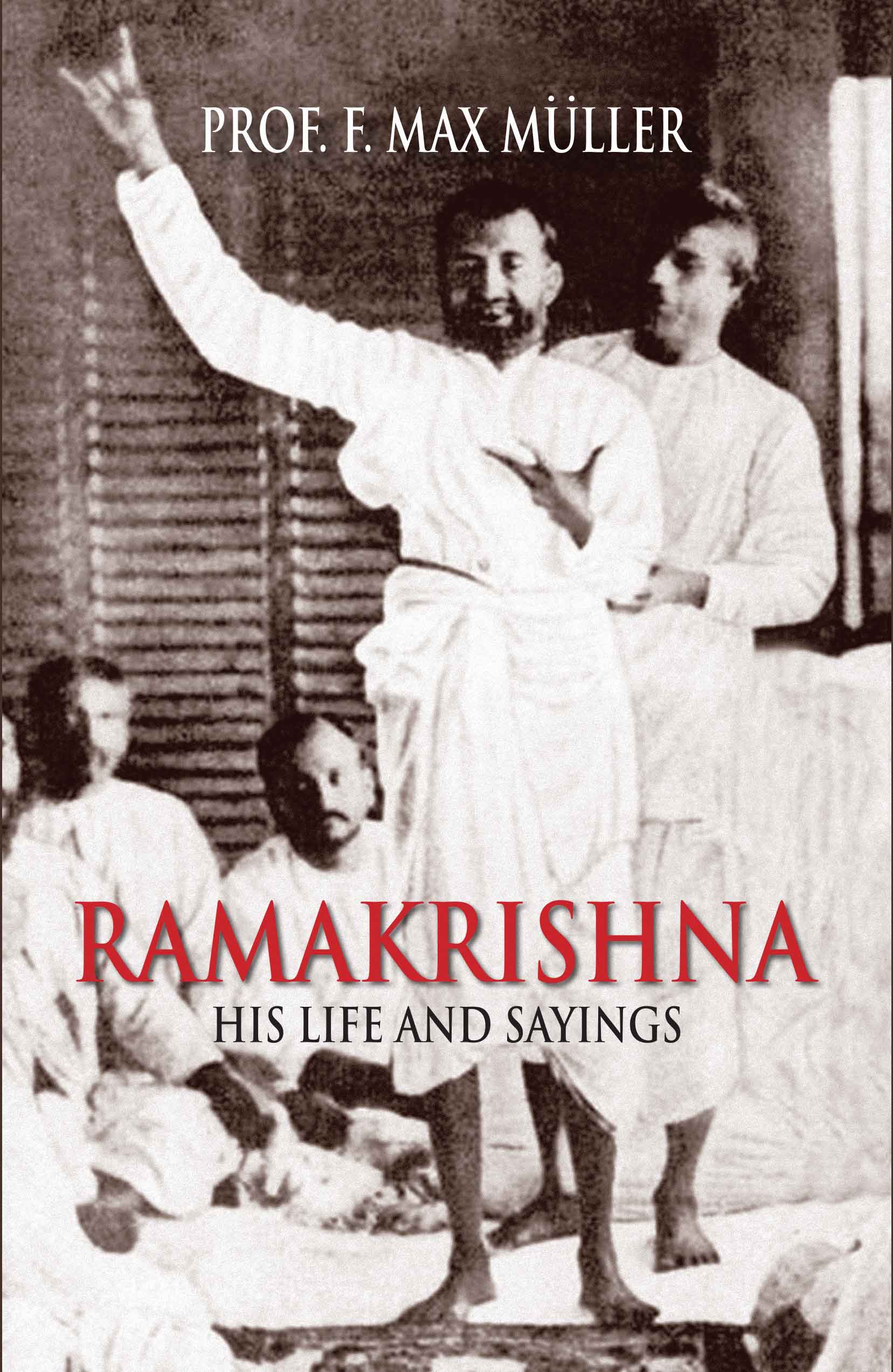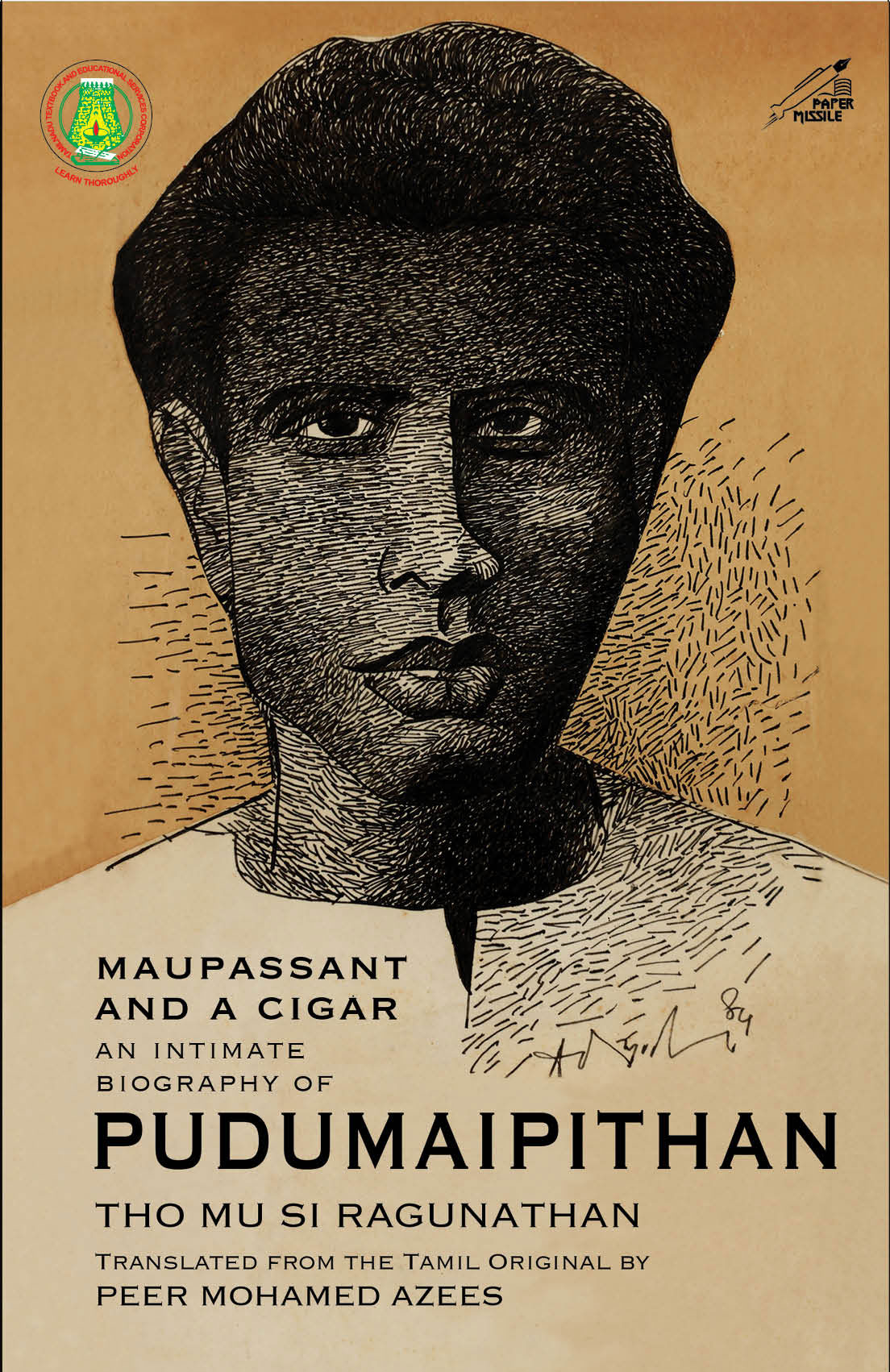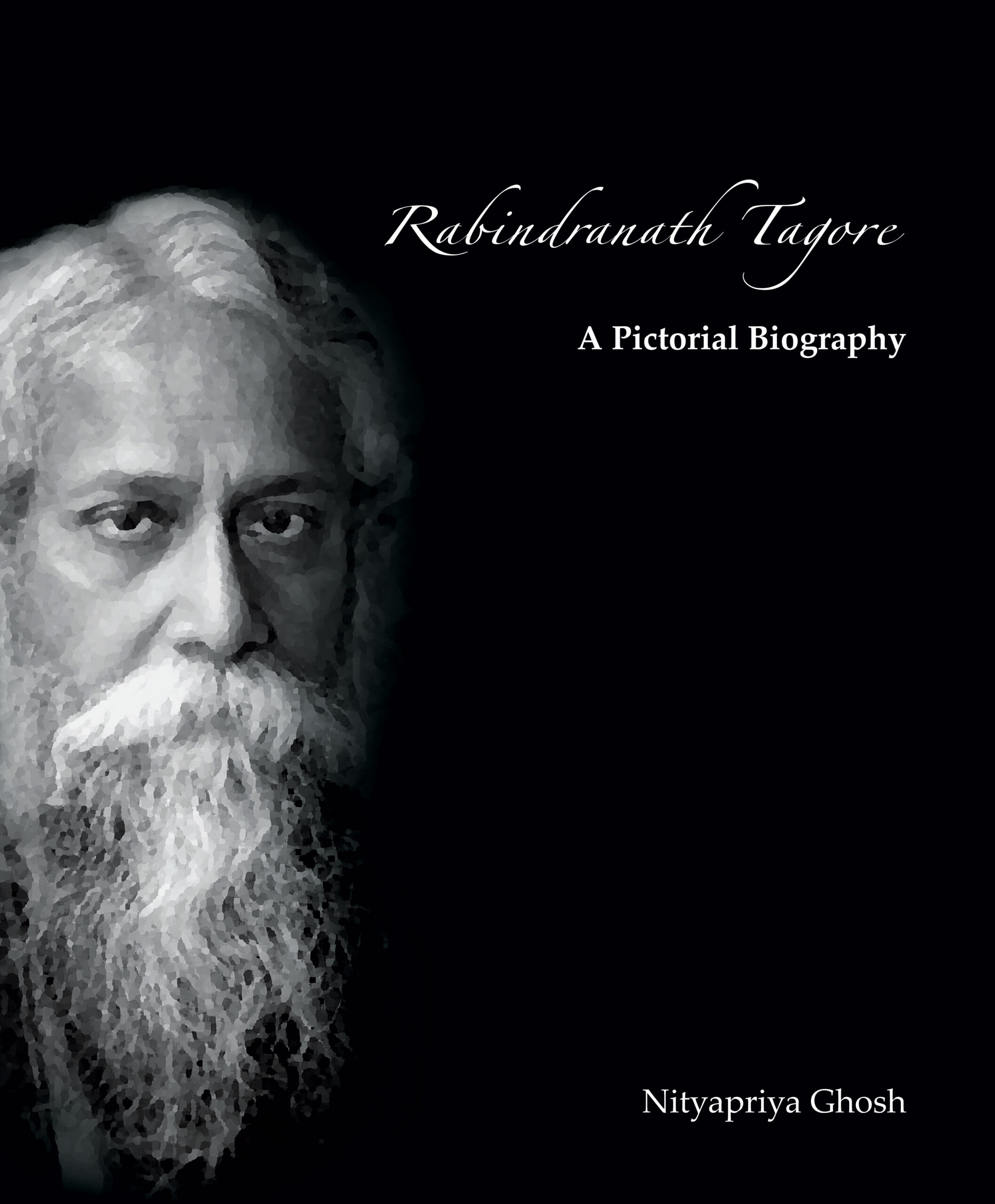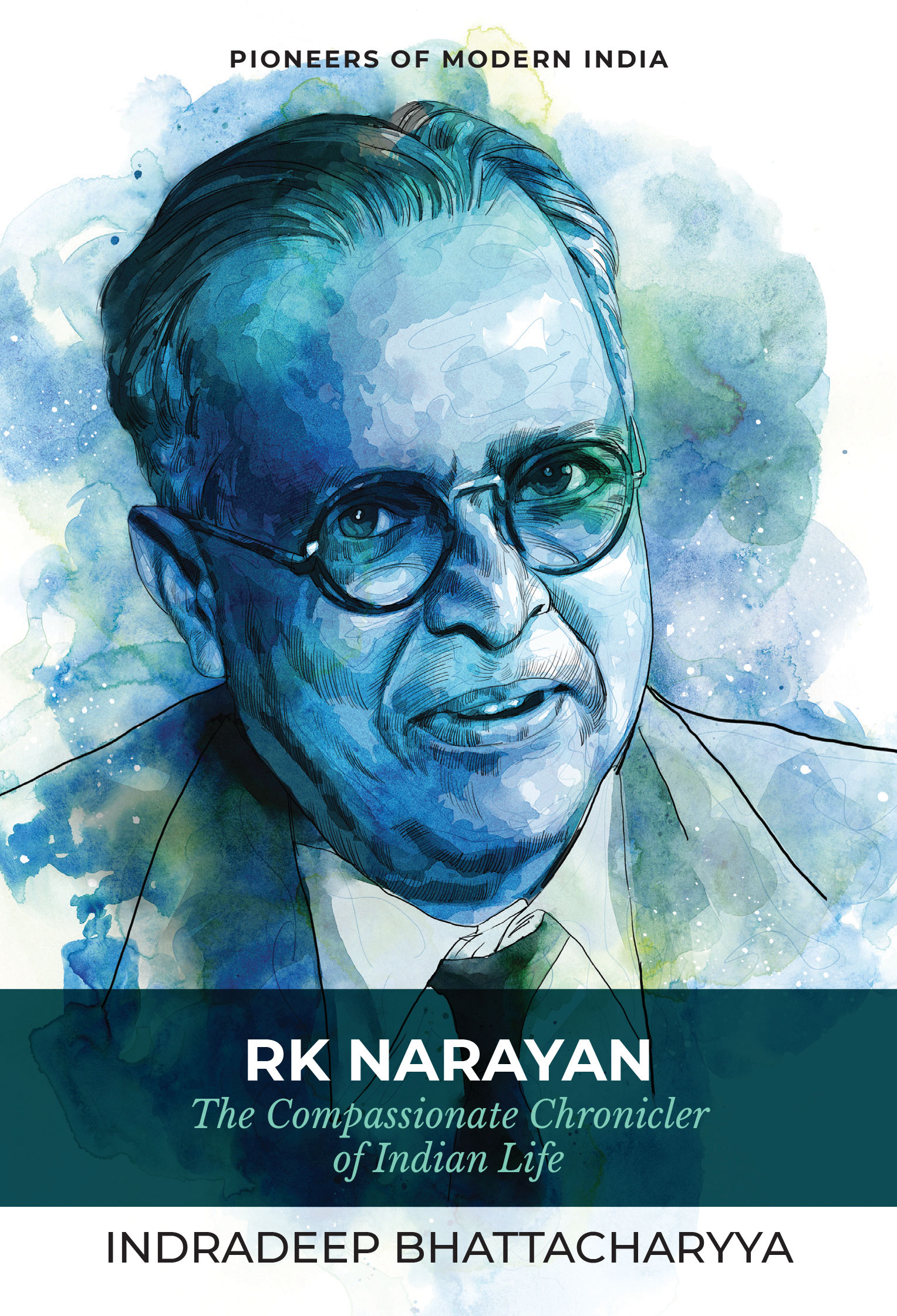Sign up and get notified with new article for free!

Book
Ramakrishna

Ramakrishna : His Life and Sayings
Ramakrishna Paramahamsa (1833–86) was perhaps the most popularly known saint of 19th century India and an important figure in Bengali Renaissance. His philosophy impacted intellectuals even beyond the boundaries of the country. Philologist and Orientalist Friedrich Max Müller, inspired by this philosophy—largely based on the Vedanta—applied it in his study of ‘the science of religion’. He, therefore, delved deeper into the essence of the language of Ramakrishana’s sayings.
Hindu by birth, Ramakrishna was given the religio-theological title of honour ‘Paramahamsa’, as he was identified as ‘the enlightened one’ who had experienced God. He observed different religious rituals alike, and believed that ‘A truly religious man should think that other religions also are paths leading to the truth….’ He perceived God as a parent who knew how ‘the same fish may be made to taste differently’ for the children according to their tastes and temperaments. His earthy aphorisms, comprising parables and metaphors and narrated in rustic Bengali, translated into Hindu philosophical concepts and reached out easily to the masses. The present book is one of the early documentations by a Western scholar of Ramakrishna’s life and sayings as were collected by his followers after his death.
|






